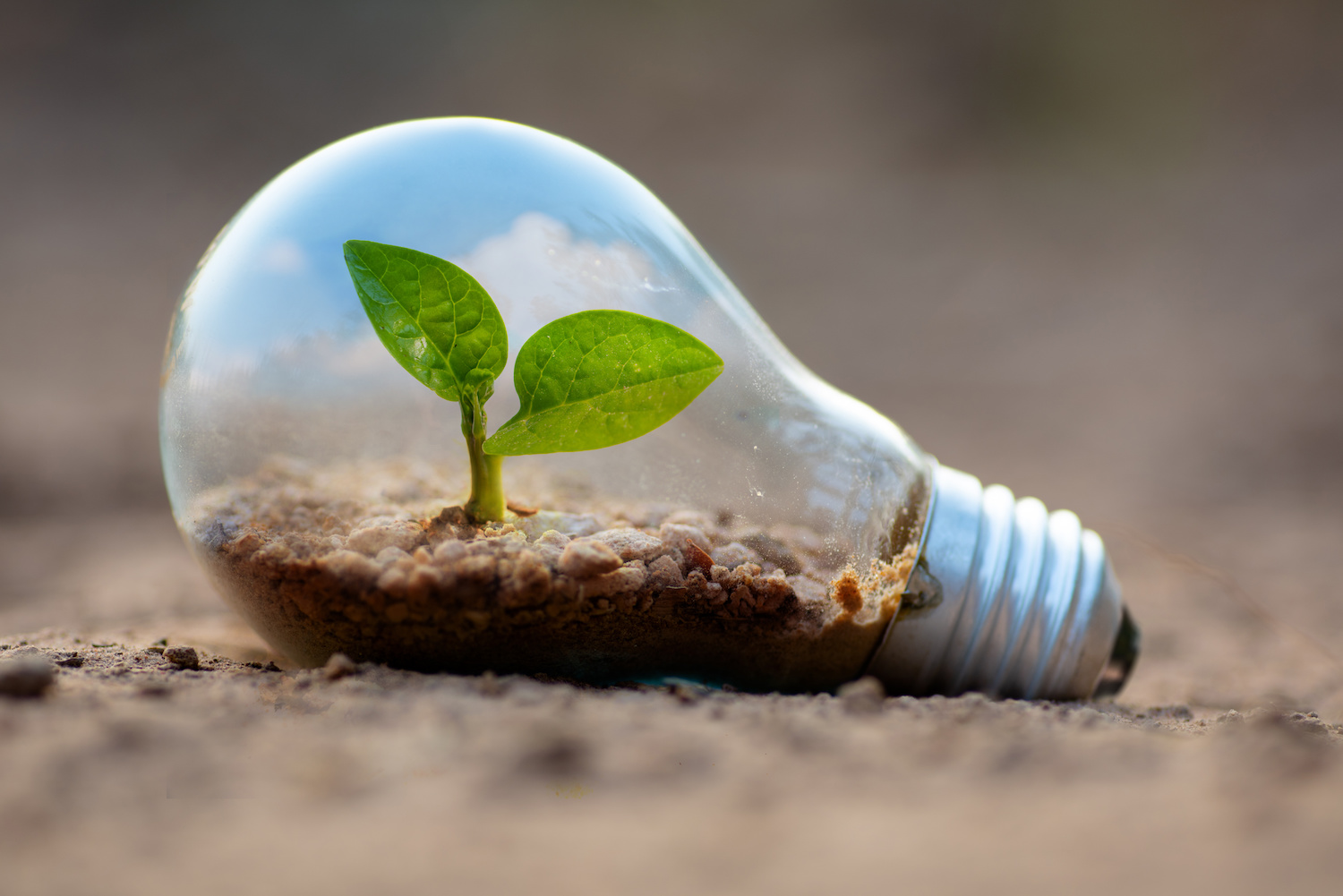
Heat waves … microplastic pollution … nuclear waste … toxic chemicals … over population … As the public becomes increasingly aware of and concerned about the environment, journalists can’t rely on ‘seat of the pants’ reporting. We must not only get the science right, but put it in context and explain its implications. If we want to prevent readers, viewers and listeners from tuning out a deluge of alarming news, we must also examine what the latest science says about solutions.
Some of these journalistic skills are best taught formally, while others develop over time through mentorship and continuing professional development. The World Federation of Science Journalists is looking to develop projects to help science journalists wishing to improve their ability to tell stories about the environment.
Specifically, we are interested in pulling together a small group of environmental journalists or educators who can help us assess proposals to elevate the state of environmental science journalism around the world. If that’s you, please drop us a line at the email below explaining your credentials and what you can add to the committee.
Once we have our committee in place, you will be asked to help us vet proposals such workshops, special reports, reporting grants, etc. The WFSJ will then either directly fund projects, or reach out to suitable funding partners.
This committee is chaired by Toronto-based environmental science journalist Sharon Oosthoek. You can contact her via the committees: environment@wfsj.org